Explore the dynamic world of Open Educational Resources and discover how OER Africa is driving the movement forward. This page is divided into two sections:
Articles: Our articles aim to deliver insights on OER-related themes that inform, spark conversation, and engage with the developing open education landscape, with a particular focus on Africa.
Updates: Below, the articles, you'll find updates on OER Africa’s latest initiatives, activities, and contributions to the OER community.
Articles
This section features targeted articles crafted specifically for educators, students, and the global Open Educational Resources (OER) community. The articles examine themes related to OER, offering insightful perspectives and information. The content seeks to inform, prompt discussion, and actively engage with the dynamic landscape of open education, particularly within the African context.
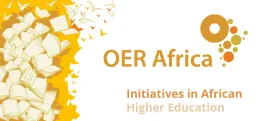
What have been the experiences of African Open Educational Resources (OER) initiatives focussed on higher education? What can we learn from these experiences? Although the concept of OER initially gained publicity in the Global North, OER are gaining traction in Africa. OER Africa researched several African OER initiatives to assess their long-term contribution to establishing sustainable OER practices in African higher education.
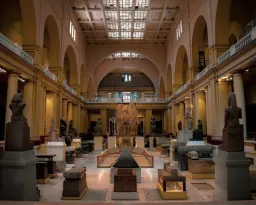
Museums tell ancient and recent histories as they collect, safeguard, and make accessible artefacts and specimens that they hold in trust to inspire and enable people to explore, learn, and enjoy. They continue to evolve in their roles and contribution to education as they embrace open access and Open Educational Resource (OER) principles.

OER Africa coordinated a project with members of the Network of Open Orgs, a coalition of organizations that meets regularly on implementing and supporting the UNESCO OER Recommendation. The project involved a collaborative effort among several members of the Network to develop a set of seven research summaries that explore the success of OER.

Half a century ago, on 26 April 1970, the World Intellectual Property Organization (WIPO) Convention came into force and is commemorated as World Intellectual Property (IP) Day, with the aim of increasing general understanding of IP. At OER Africa, we respect the right of individuals to protect their IP and we understand its importance in driving innovation. However, in the case of educational materials, we believe that All Rights Reserved may often not be the most appropriate copyright in today’s world.
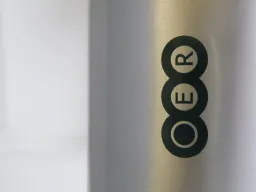
As of 2022, activities by UNESCO to support implementation of its OER Recommendation are gathering pace and OER Africa is pleased to be assisting UNESCO in this important work. The Recommendation on Open Educational Resources (OER) (40 C/32) was adopted at the 40th UNESCO General Conference in Paris on 25th November 2019 as the culmination of a long process of UNESCO engagement with the concept of OER.
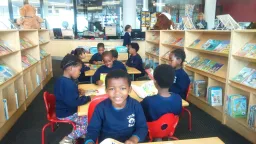
This week (14-20 March 2022) is South African Library Week. In 2001, the Library and Information Association of South Africa (LIASA) established Library Week for all types of libraries in South Africa to market their services and create awareness of the important role that libraries play in a democracy.
Updates
This section provides updates on OER Africa’s initiatives and activities. Stay informed about our contributions to the OER community and how we are driving the open education movement forward.
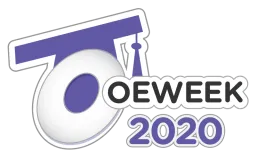
Founded in 2013 by the Open Education Global (previously Open Education Consortium), the goal of Open Education Week is to raise awareness and showcase impact of open education on teaching and learning worldwide. Open Education Week has become one of the most foremost global events recognizing high achievement and excellence in open education.
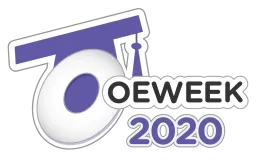
Open Education Week (OEW) aims to raise awareness and showcase the impact of open education on teaching and learning worldwide. It spotlights amazing work from over a dozen categories including live, face-to-face events, webinars, projects, and resources.

This report assesses students’ access to educational materials in select institutions within Commonwealth countries. The findings indicate that learners are now engaging with a complex ecosystem of learning materials, both print and digital, in a multitude of differing forms and formats, with various terms of use and durations of sustained access.

This paper demonstrates how the features and affordances of open learning have been developed in new and productive ways to provide school-based continuing professional development for teachers in Zambia.


The guidelines describe the whole process for designing and implementing OER policy in seven chapters, each representing a clear phase in the whole process. The chapters introduce the purpose of the phase and provide background information and references with practical examples for illustration.
